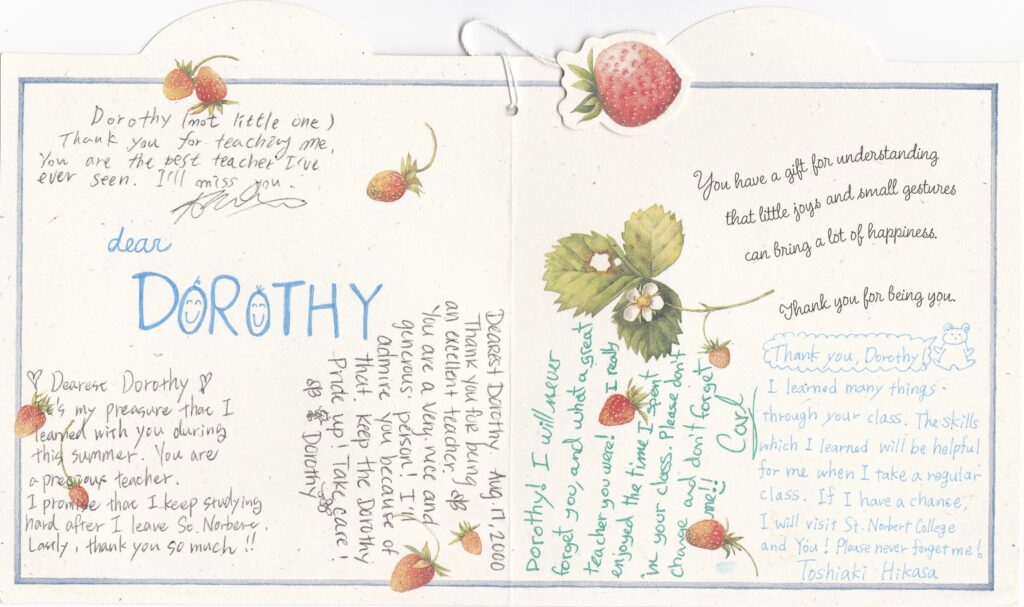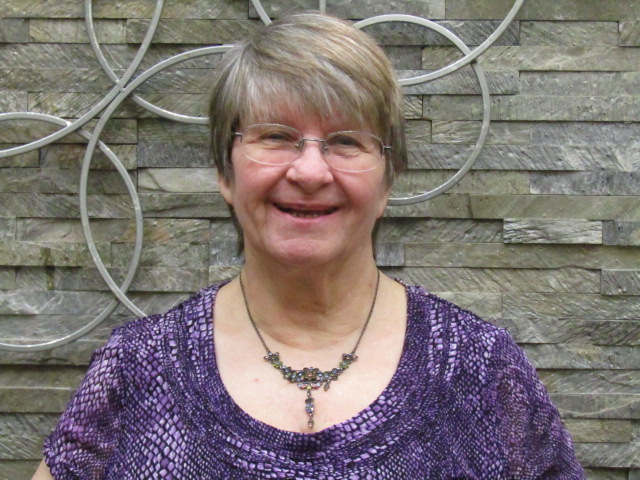By Valerie Routhieaux
Day 25 – Avoid Shortcuts
Welcome to day 25 of writing tips for any kind of writing – novel, short story, poetry, blog.
I’ve discussed many different areas important to writing. Looking through the material I received from a recent UntitledTown conference, I find another gem.
Shortcuts. Don’t take them. The idea is to be creative, not a duplicate of someone else’s writing. As I’ve seen on the blog site I blog on, many occasions people get inspiration from posts and ideas come forth and become new posts. Some are answers to questions in posts, some go off in a completely different direction from what the person wrote. We have many people who inspire us to write further on a topic or create a spinoff on the same topic.
In the same way, novelists can use or leverage what others have written to create something new and vital, breathing life into what might have been a dead subject.
You can glean ideas from a myriad of places, not only in books you’ve read but in news stories, conversations you have with friends, or people in general. Ideas are everywhere. Ideas lead to creativity, and creativity leads to a finished story.
As you’re expounding on what others have written, don’t take shortcuts. Don’t plagiarize. Make it your own. We all have opinions on what we read or hear. Great conversations come about from a single thought or idea. The same is true in writing. Opinions matter.
Don’t take shortcuts by making what someone else wrote a template for your writing. Make the story new and genuine. You know what a template is. It’s a basic form that follows a pattern. Romance books are good examples of template writing. The template is the same for every book. The only difference is the names of the characters and their locations. There’s no imagination in that kind of writing, and very little research either for that matter. Throw the template away!
Don’t take shortcuts with your writing. You have an idea, so find out everything you can about your idea. Don’t expect that someone else’s legwork, research, is the unvarnished truth in the matter. Search it out yourself.
In a book I’ve written and am currently working on, I relied on a movie I saw as total truth with the information provided in the movie. That is, until I did my own research and found out the animal in the movie for that location wasn’t native to that location and isn’t found there.
No shortcuts. Do your own legwork and be creative. That’s what writing is all about. When you do the work, and you know you’ve done it well, you can sit back satisfied your reader will appreciate the work you did when he or she reads it and then recommends it to others. You might even find good reviews of your work. When you do, you know you’ve passed the test and your reader will look for more of your books because they trust the one you wrote.
Have you read books that look like the author took a shortcut, used a template, and fell short of your expectations on the topic? Or have you read books where you know the author did their best to create a good story and got all their facts right? Have you recommended books, given reviews on books, or passed those books to other readers? If you have, the author did a good job with the subject.
Tomorrow’s Perspective: Beginnings


